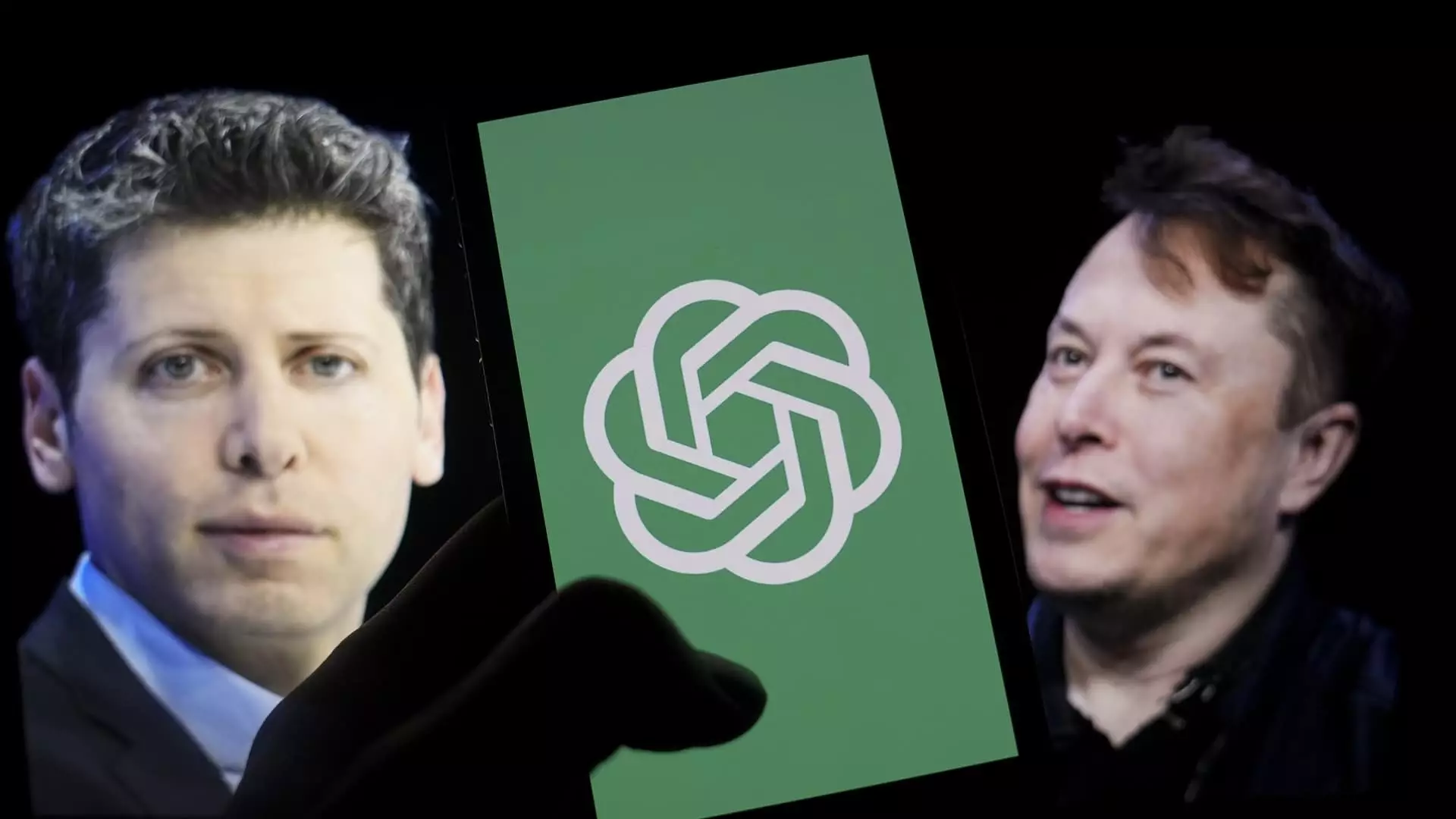The world of artificial intelligence (AI) has seen unprecedented growth and competition, with leading figures, companies, and investors jockeying for position. At the center of this contest is a legal conflict involving Elon Musk, a prominent tech entrepreneur, and OpenAI, a key player in the AI landscape. The emergence of Musk’s own AI venture, xAI, adds another layer to this already complex narrative. This article explores the latest developments in this legal feud, examining both the implications for the AI sector and the broader questions surrounding corporate conduct in emerging markets.
Elon Musk, through his attorneys, has formally requested a federal court to prevent OpenAI from fully transitioning to a for-profit model. This legal challenge, spearheaded by his AI startup xAI, claims that OpenAI is engaging in practices that violate antitrust laws. In the preliminary injunction sought by Musk’s legal team, they allege that OpenAI is not only pursuing profit at the expense of competition but has also attempted to interfere with funding opportunities that would benefit rival companies, including xAI.
The core of Musk’s legal argument rests on criticisms of OpenAI’s financial practices, particularly the alleged coordination with investors to refrain from funding competitors. This strategy, Musk’s attorneys argue, constitutes a “group boycott” meant to stifle significant competition in a burgeoning market that bears the potential for massive revenue growth.
This legal feud has escalated over several months, signaling deeper issues within the AI sector’s rapidly evolving landscape. Musk initially filed his grievances in March 2024. Although he later withdrew his complaint only to refocus his efforts at the federal level, this back-and-forth hints at a complex legal strategy, one that may be intended to garner public attention as much as it seeks judicial resolution.
With a high-stakes background shaped by a rivalry between Musk and OpenAI’s CEO Sam Altman, this case raises questions about corporate ethics and competitive practices in an industry racing towards a $1 trillion market. Musk’s legal team is notably led by Marc Toberoff, a seasoned attorney known for his work in high-profile cases—suggesting that this battle could be more than just a single legal inquiry but part of a larger strategic positioning in the AI domain.
In response to Musk’s accusations, OpenAI has dismissed the claims as seemingly unfounded. A spokesperson characterized Musk’s ongoing attempts to challenge OpenAI as “baseless complaints,” suggesting that the company does not view this legal battle as a legitimate threat. This statement emphasizes OpenAI’s confidence in its business practices, which have positioned it as a leader in the AI field.
Equally telling is OpenAI’s history—it began as a non-profit focused on developing AI technologies with the intent to serve humanity. However, its pivot towards a capped-profit model and a possible full transition to a profit-driven corporation highlights a trend where financial viability is often placed above altruistic mission statements. This transition raises important questions about how ethical considerations are balanced against profitability, especially in sectors capable of affecting many aspects of human life.
Musk’s New Venture: xAI and Competitive Landscape
As Musk’s xAI prepares to take its place within the highly competitive AI marketplace, it is worth noting the significant investments and resources being allocated to this endeavor. With ambitious plans to raise up to $6 billion, xAI’s launch and subsequent developments, such as the Grok chatbot, symbolize Musk’s continued commitment to influencing the future of AI.
The competitive dynamics in the AI landscape are becoming fierce, particularly as investments surge. The generative AI market’s substantial growth, alongside increasing spending from businesses aiming to integrate such technologies, pressures existing entities like OpenAI to remain ahead. Musk’s claims that OpenAI’s actions adversely affect xAI’s opportunities exemplify the tension as startups grapple with entrenched interests from bigger players like Microsoft.
This ongoing legal struggle is emblematic of the difficulties faced by innovative agencies in a rapidly evolving field like artificial intelligence. As endeavors aimed at reshaping society gear for launch, the ethical framework and corporate behaviors guiding these companies will inevitably come under scrutiny. The case underscores a critical juncture within the AI sector that could dictate not only the future of individual companies but also the broader direction of artificial intelligence development.
Musk’s legal battle with OpenAI and allegations of anti-competitive behavior represent significant developments in the intense competition for supremacy in the AI industry. As the case unfolds, it may serve not only as a watershed moment for Musk and his venture but also as a litmus test for the regulations and ethical considerations that will govern future innovations in AI technology. The resolution of these disputes will likely set precedents that shape the commercial landscape of AI for years to come.


Leave a Reply